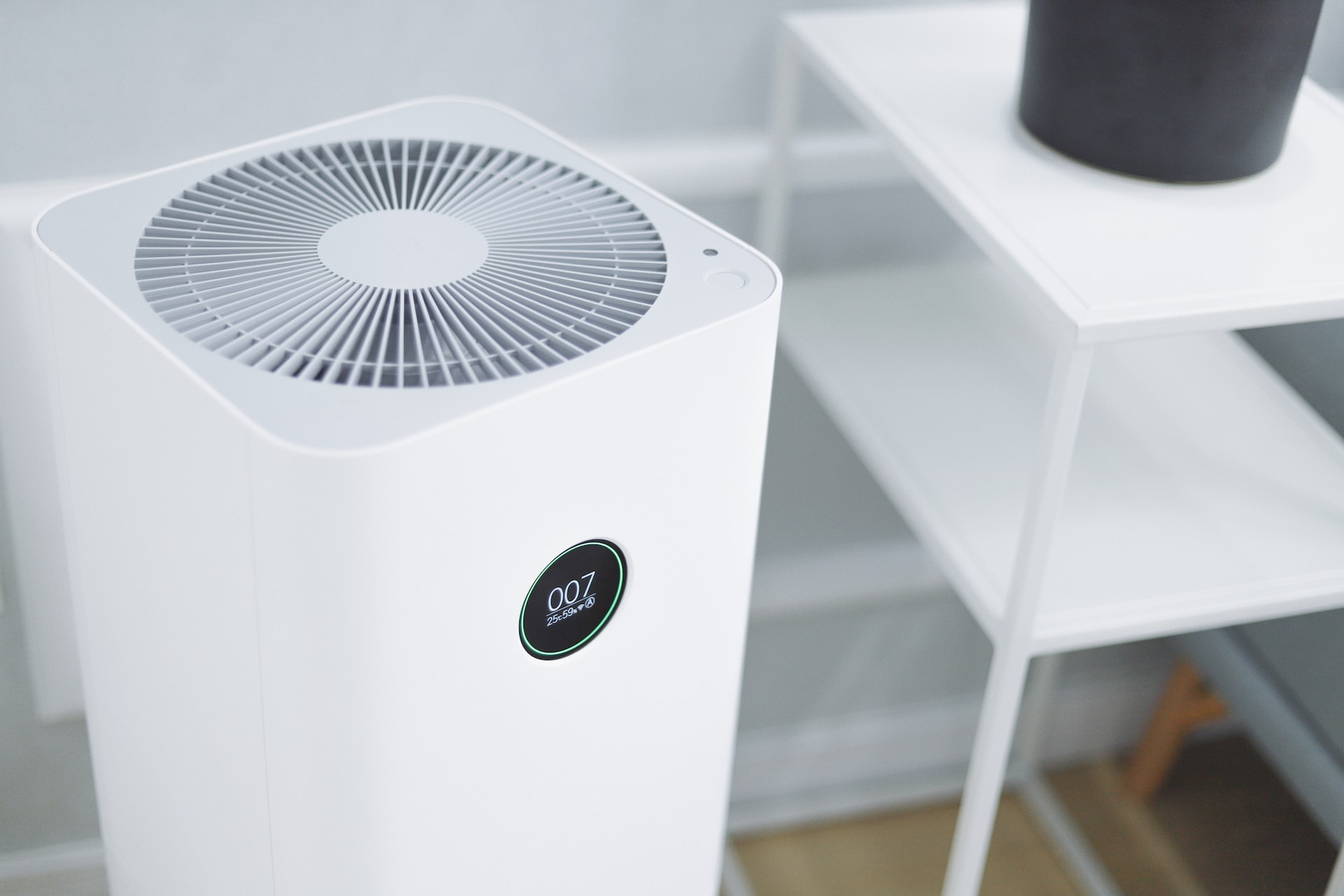
Concern for health and well-being is becoming increasingly important to us. Things that we used to pay little attention to, such as air quality, are now becoming important, and as a result we are trying to influence them somehow.
One of the recommended ways, especially for those living in big cities, are air purifiers. The only question remains: do they actually work? How do they affect our well-being and what should we pay attention to when buying one?
It would seem that the air in our homes may not be dangerous for us, provided that our ventilation system is working properly. Unfortunately, this is not entirely true. The air in our homes can contain dust, mites, dander, dust, mold spores, microorganisms or smog coming in from outside. All this affects our well-being and, in the long run, our health.
In the beginning, air purifiers were intended especially for people with respiratory problems – asthmatics or allergy sufferers. Nowadays, the installation of purifiers is also recommended for homes where there are children and seniors, people suffering from chronic cough, runny nose or conjunctivitis, and where fireplace heating is used. It is also a great option for homes and apartments in cities, not only where the acceptable level of smog is exceeded (you can check it online or with a special app).
An air purifier is used to filter and isolate dangerous air particles. This device consists of a fan and filters. It is on these that its effectiveness usually depends. When you want the most efficient operation of the equipment, it will be necessary to supervise their cleanliness. HEPA-type filters are subject to replacement with new ones, while with washable filters it is enough to clean them with water. What’s more, when using air purifiers, we can also notice a significant improvement in indoor humidity. This is especially the case if we have chosen a model with a built-in humidistat, which is responsible for the percentage of humidity in the air, which can be neither too high nor too low.
When choosing a purifier, we should immediately specify our needs in relation to it. If we want to effectively rid our home of smog, the purifier should have a PM 2.5 sensor and HEPA filters. When a furry friend lives with us, it’s also worth investing in a model with a built-in carbon cartridge. This is also an important feature if one of the residents is a smoker. It’s also worth looking at models with a built-in humidifier, so you can kill two birds with one stone. What’s more, when deciding on a purifier, choose one with the quietest possible operation mode, so that it can also work at night. The most important parameter you need to consider is the efficiency of the device – it must be adapted to the square footage in which it will be placed. Of course, the larger the area, the higher the price we must expect. There are also purifiers on the market with ionization capabilities.
main photo: unsplash.com/Raychan